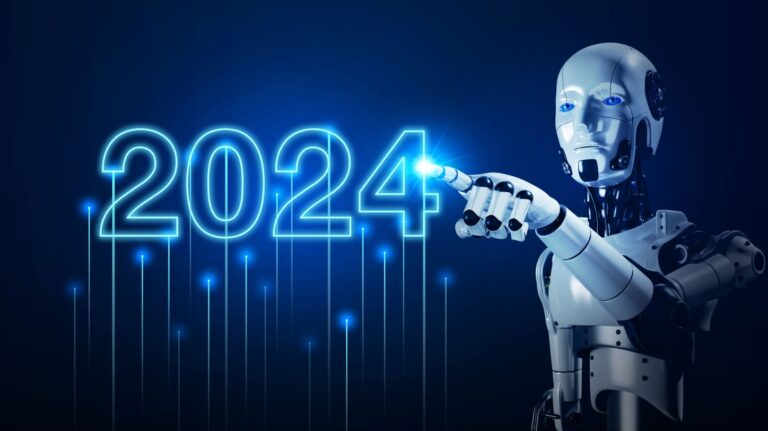Rise by Six: Your Daily Dose of Inspiration
Explore insights and stories that elevate your day.
Robo-Revolution: Are We Becoming Their Pets?
Discover how robots are changing our lives—are we the pets in this high-tech revolution? Uncover the truth behind our digital companions!
The Rise of Robotics: Are We Unwittingly Becoming Pets to Our Machines?
The advent of robotics has transformed various industries, but it also raises unsettling questions about our relationship with technology. As we increasingly rely on machines for mundane tasks, one can't help but ponder: are we unwittingly becoming pets to our machines? Just like a cherished pet depends on its owner for food, care, and companionship, our lifestyle has evolved to depend heavily on automated systems and artificial intelligence. The convenience provided by smart home devices, personal assistants, and autonomous vehicles may make our lives easier, but it also limits our engagement with the physical world, creating a dependency that echoes the bond between pets and their owners.
Moreover, the rise of robotics goes beyond mere convenience; it also influences our decision-making and cognitive processes. As we allow machines to take over cognitive tasks, from managing our schedules to providing recommendations, we risk becoming passive recipients of information rather than active participants in our own lives. This shift can diminish our critical thinking abilities and problem-solving skills, leading us to navigate life as spectators rather than engaged players. The alarming question remains: in our quest for ease and efficiency, are we unwittingly surrendering our autonomy and psychological well-being to the very machines we created?

Exploring the Dynamics: How Technology Shapes Our Relationship with Robots
The relationship between humans and robots has evolved significantly with the advent of modern technology. As robots become more integrated into daily life, our interactions with them are shaped by context and function. For instance, in industries such as manufacturing, robots are seen as essential tools that enhance productivity and safety. In contrast, in personal spheres, such as home assistants, robots are perceived not only as helpers but also companions. This shift is largely influenced by advancements in artificial intelligence, which allow robots to learn from their surroundings and adapt to human behaviors, thus fostering deeper connections.
Furthermore, the dynamics of our relationship with robots are continuously reshaped by cultural perceptions and societal norms. As more individuals engage with robotic technology, factors such as trust and emotional attachment come into play. A recent survey revealed that a significant percentage of people feel comfortable sharing personal information with their robotic assistants, suggesting a growing acceptance of these machines in our lives. As we explore the implications of this relationship, it is crucial to navigate the ethical considerations surrounding privacy and dependence, ensuring that technology is harnessed positively while maintaining human agency.
Are Robots Our Future Caregivers or Our New Masters?
As we steadily advance into the 21st century, the role of technology in healthcare is becoming increasingly prominent. Robots are being developed with the potential to assist in caregiving, transforming how we approach elder care and disability support. These machines can help provide companionship, assist with daily tasks, and even monitor health conditions, reducing the burden on human caregivers. However, as we embrace this innovation, we must consider whether these robots are merely tools to enhance our lives or if they are paving the way for a revolutionary shift in how care is delivered.
On the flip side, the rise of robots in caregiving raises critical questions about autonomy and control. As these machines become more capable, we must ask ourselves: are we creating our future caregivers, or are we unintentionally crafting new masters that may dictate the terms of care? The concern lies in the idea that reliance on technology could lead to a loss of personal touch and human interaction, essential elements in fostering genuine care and empathy. Balancing innovation in caregiving while preserving the irreplaceable value of human connection remains a crucial challenge for society.